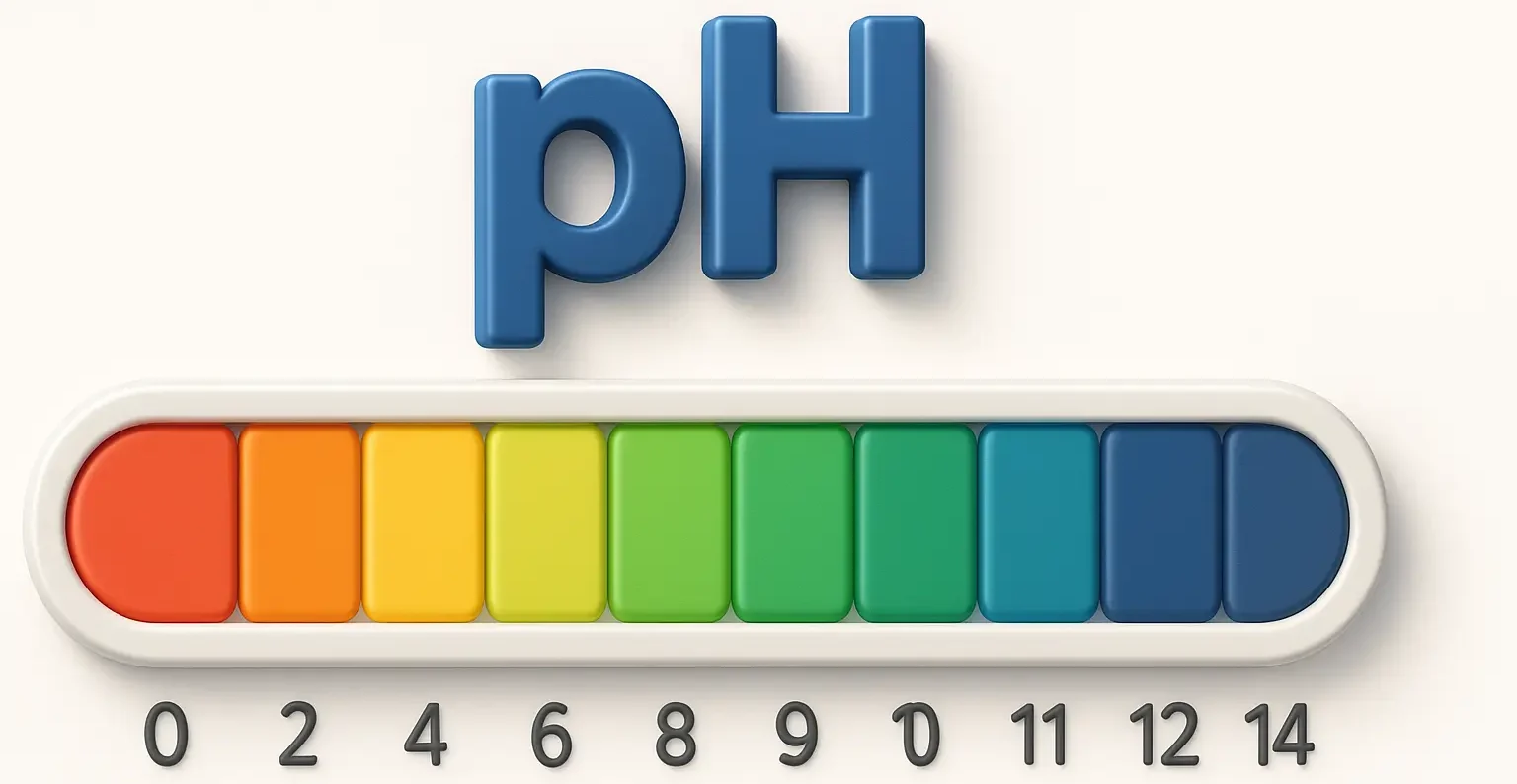Definition of pH
- pH is a numerical scale used to specify the acidity or alkalinity of an aqueous solution.
- It is defined as the negative base-10 logarithm of the activity (concentration) of hydrogen ions (H⁺):
-
$\text{pH} = -\log_{10}[\text{H}^+]$
- Hydrogen ion concentration ([H⁺]) is measured in moles per liter (mol/L).
pH Scale
- The pH scale typically ranges from 0 to 14, although values can be less than 0 or greater than 14 for very strong acids or bases.
- Neutral solution: pH = 7 (e.g., pure water at 25°C).
- Acidic solution: pH < 7 (higher concentration of H⁺ ions).
- Basic (alkaline) solution: pH > 7 (lower concentration of H⁺ ions).
Importance
- Chemical Reactions: pH influences reaction rates and equilibria.
- Biological Systems: Enzyme activity and metabolic processes are pH-dependent.
- Environmental Science: pH affects water quality and soil chemistry.
- Medicine: Blood pH is tightly regulated; deviations can be life-threatening.
Click Here to Watch the Best Pharma Videos

